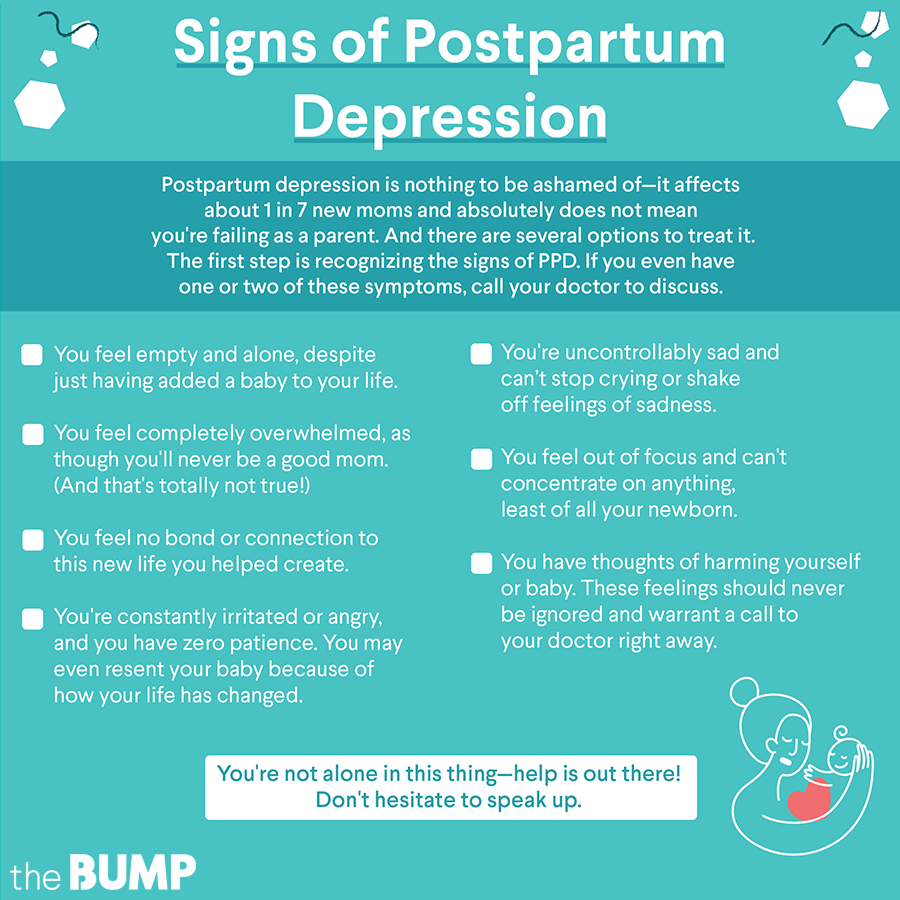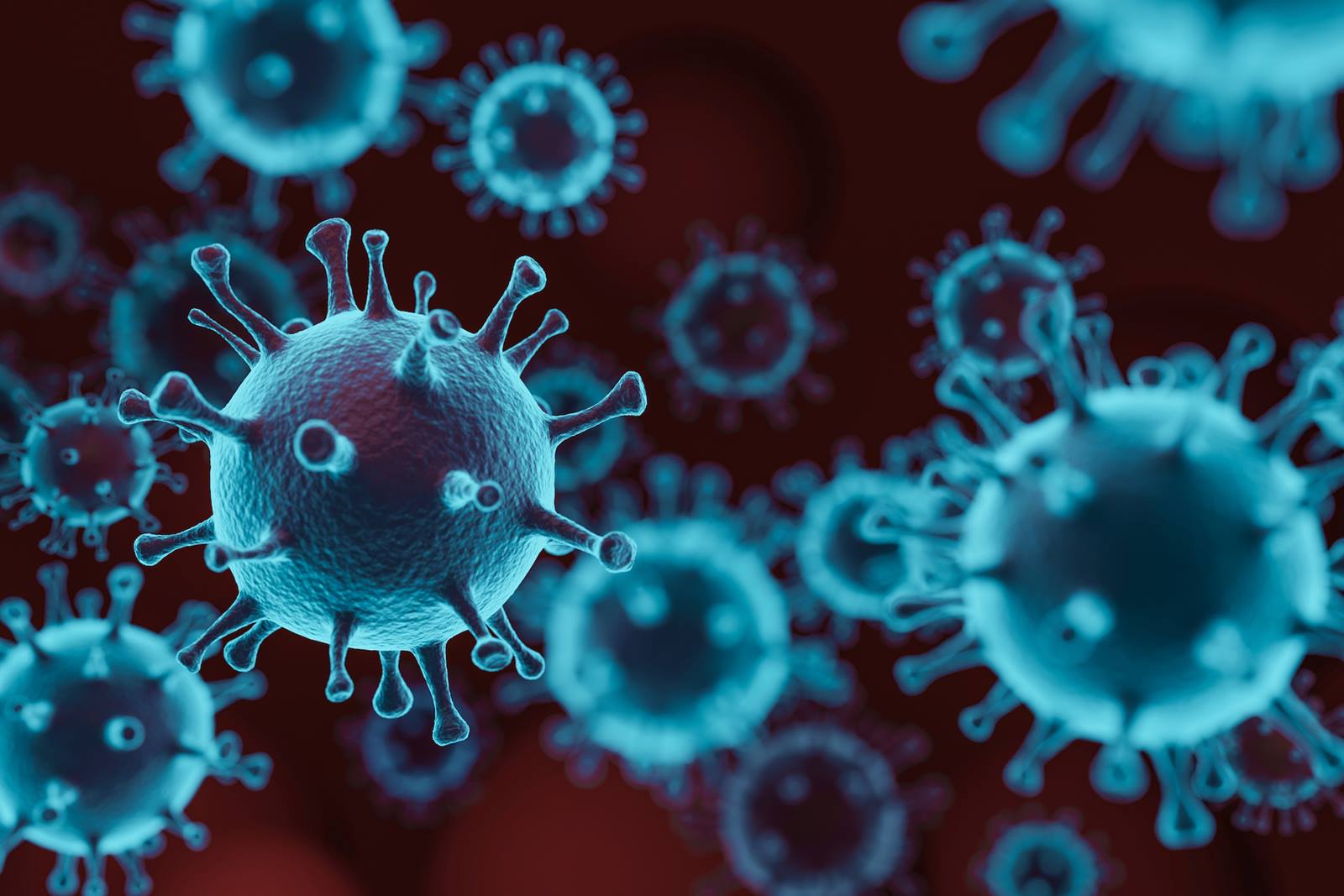Mood disorders are biological illnesses that involve changes in brain chemistry. But around 12 of women actually experience antenatal or prenatal depression depression that occurs during pregnancy.
 Postpartum Depression What It Is And How To Treat
Postpartum Depression What It Is And How To Treat
Depression and anxiety in early pregnancy are associated with risk for subsequent preeclampsia a risk further increased by bacterial vaginosis.

Depression in early pregnancy. Researchers at the National Institutes of Health have discovered a two-way link between depression and gestational diabetes. Low self-esteem such as feelings of inadequacy about parenthood. One study found almost 20 percent of postpartum depression actually starts during pregnancy.
Depression during pregnancy or antepartum depression is a mood disorder just like clinical depression. Pregnant women attending the antenatal clinic of a general hospital n 1329 received a set of questionnaires including. Untreated depression during pregnancy is linked to a higher likelihood of a baby being born early or having a low birth weight.
During pregnancy hormone changes can affect the chemicals in your brain which are directly related to depression and anxiety. Depression As the hormones are flooding in during the first few weeks of pregnancy many women find their emotions are intense and unpredictable. Well thats completely normal.
What is depression in pregnancy. Depression in early pregnancy linked to gestational diabetes NIH study finds Women with gestational diabetes at risk for postpartum depression. However additional clues that might indicate depression during pregnancy include.
Your hormones are suddenly raging and your inability to control your feelings may catch you off guard. Depression in early pregnancy is determined mainly by psychosocial factors. Research also suggests that babies born to women with depression are more likely to be irritable and may cry more than babies born to moms who arent depressed.
Pregnancy-related pain in the first trimester may be a sign of psychological vulnerability or an aspect of an existing depressive state that calls for attention. Abnormal maternal cortisol has been hypothesized as one mediator between depression and adverse birth outcomes. Undiagnosed and untreated depression during pregnancy isnt good for mom or baby and isnt the same as.
The Mercy Pregnancy and Emotional Wellbeing Study an Australian pregnancy cohort was used to examine the association between symptoms of depression and. Depression before and during pregnancy is associated with adverse birth outcomes including low birth weight and preterm birth. Maternal depression is more common at 4 years postpartum than at any time in the first 12 months postpartum and women with one child at 4 years postpartum report significantly higher levels of depressive symptoms than women with subsequent children.
Indicators of an increased risk of postpartum depressive symptoms may be found in early pregnancy. We might be more used to hearing mention of postnatal depression. Pregnancy is an emotional time.
Depression can get in the way of being able to care for yourself during your pregnancy. Its a pathological paradigm belied by a culturally-enforced shame that holds hands with the extraordinary vulnerability of pregnancy. The signs and symptoms of depression during pregnancy are the same as those that occur with depression in the general population.
The psychosocial correlates of depression during pregnancy were explored. But for some women those standard pregnancy symptoms can be something more. Quickly shifting emotions can be an early sign of pregnancy.
Coupled with the difficult physical symptoms of early pregnancy and sheer exhaustion it is not surprising that many women experience depression at. Excessive anxiety about your baby. Stress related to pregnancy can contribute to the return or worsening of depression symptoms.











